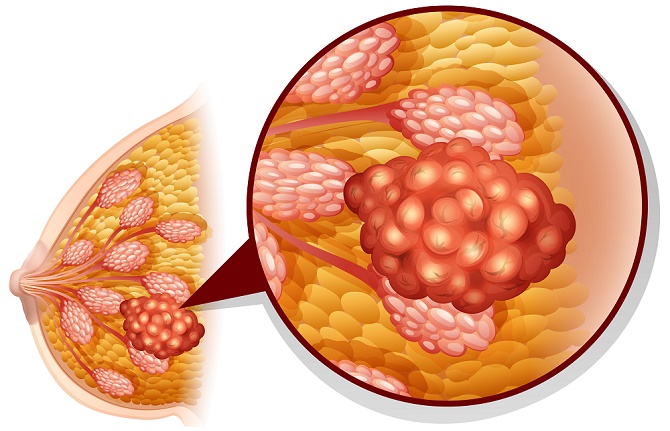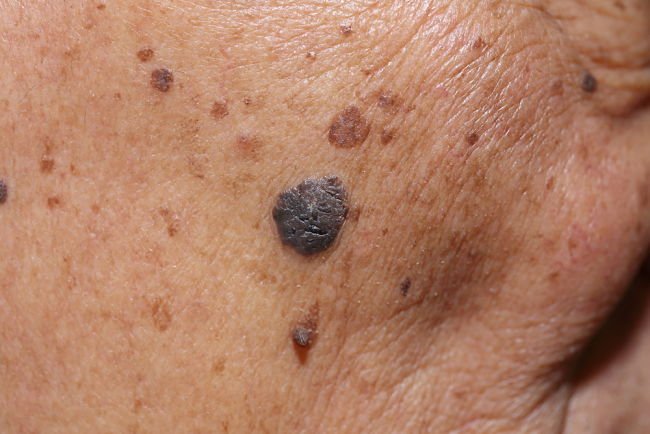Flax seeds can help prevent breast cancer

The breast cancer is one of the most common cancers among women with one in eight women are expected to be diagnosed with breast cancer during their lifetime. There are many factors that contribute to the development of this dreaded disease and diet is very important.

Fortunately, researchers are publishing new research almost daily on what we can do to reduce our risks of developing the disease, and what can be done to ensure early treatment if diagnosed. Some studies showed that consuming flax seeds can prevent and even be used as a treatment for breast cancer.
Table of Contents
Why flax seeds can help prevent breast cancer?
Flax seeds contain fiber, omega 3 fatty acids, and a very special ingredient called lignans. Studies reveal that lignans are very likely responsible for the positive results obtained from studies on flax seeds for breast cancer treatment and prevention.
Lignans are classified as phytoestrogens and that means they have a weak estrogenic effect in the body. By acting like an estrogen, phytoestrogens block the body’s estrogen receptors, thereby reducing the amount of natural estrogen that affects cells.
Flax seeds and breast cancer prevention.
According to BreastCancer.org, 80% of breast cancers are estrogen receptor positive. By interfering with the body’s natural estrogen processes, lignans can help reduce the risk of developing breast cancer, and may even offer additional options for treatment.
In a study published in the journal Integrated Cancer Therapies, researchers reviewed more than 1,800 patient records, 10 studies, 2 controlled trials, and a number of other studies and found that consuming flax seeds can reduce cancer risk and may protect against primary breast cancer.
But as mentioned above, flax seeds are not only helpful in reducing the risks of developing cancer, they can offer additional treatment for patients who are struggling with the disease.
Flax seeds as a treatment for breast cancer.
In a flaxseed clinical trial patients were given either a muffin containing flax seeds or a muffin without the flaxseeds for a period of twelve weeks. Patients receiving the flaxseed muffin had increased apoptosis and decreased cell proliferation in breast cancer.
Apoptosis is the process that describes the rate of cancer cell death. Apoptosis is important in cancer, as cancer cells generally live much longer than normal cells. Proliferation is the term used to describe tumor growth. Cancer cells grow rapidly, so cancer tumors grow and spread very quickly. Therefore, the study concluded that 25 g of flax seeds (2.5 tablespoons) daily increased the rate at which cancer cells died and decreased the rate at which cancer cells multiply.
Flax seeds may also play a role in lowering death rates in breast cancer patients. In a study of 300 breast cancer patients conducted over a span of twenty-three years, researchers found that women with higher lignans lived longer.
Therefore, flax seeds potentially protect against cancer, reduce primary breast cancer, and may even offer a natural way to support your breast cancer treatment. For those who suffer from breast cancer, it is important to discuss supplementation and diet with your oncologist.
How to consume flax seeds?
It is important to realize that flax seeds have to be ground in order to take full advantage of their health benefits, since when eaten everything is more likely to pass through the intestinal tract undigested. You can grind the flax seeds with a coffee or spice grinder into flaxseed to add to your smoothies, salads, soups, and fruits.


